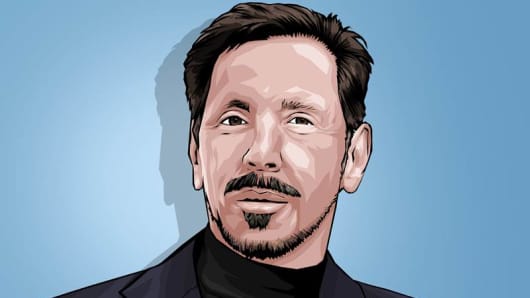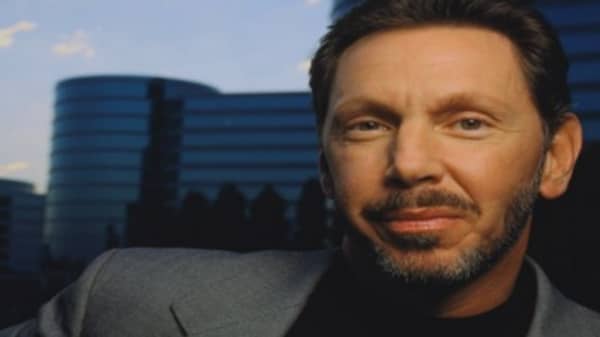Co-founder and CEO, Oracle Corp.
Born: Aug. 17, 1944, New York City
Education: University of Illinois, Urbana-Champaign (dropped out); University of Chicago (dropped out)
Larry Ellison represents the archetypical American success story: the adopted child who becomes one of the richest people in the world, and who, with his yachts and fighter jets, plays being the billionaire as hard as he worked to become one. What makes Ellison a business revolutionary is the leading role he played in shaping how enterprises use information technology.
His Oracle Corp., the world's largest business software company, has defined big-data and big-business computing as we know it. Its products are used by every one of the 100 largest public companies in the world and by 400,000 other customers in 145 countries. Ellison beat out IBM; swatted away Sybase, Informix, SAP and Siebel Systems; and held Microsoft at bay.









































